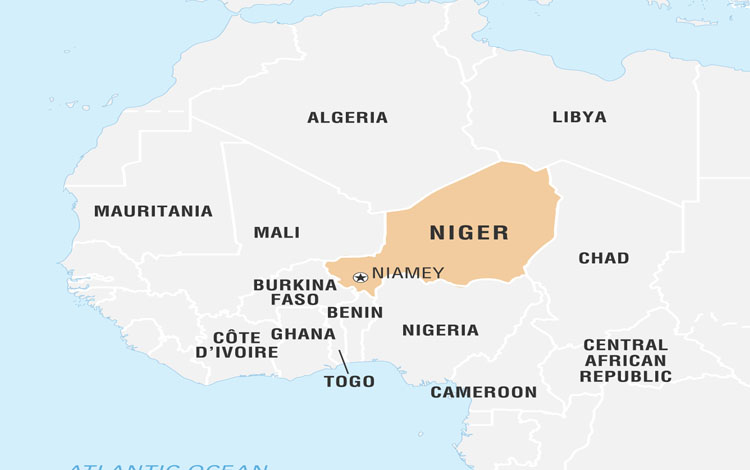(3 minutes read)
The health sector in Nigeria has experienced continuous disruptions with the emergence of new technologies and a lack of investments in the sector. In the meantime, organizations have sprung up providing solutions to such challenges, not alone for the health sector but for the macroeconomic instability being faced by the country
The health sector in Nigeria has experienced continuous disruptions with the emergence of new technologies and a lack of investments in the sector. In the meantime, organizations have sprung up providing solutions to such challenges, not alone for the health sector but for the macroeconomic instability being faced by the country. One among them is FSDH Merchant Bank. It has set up a forum that is addressing the existing fiscal and monetary challenges to consolidate and fast-track growth.
Managing Director of FSDH Merchant Bank, Mrs. Bukola Smith, said that the bank’s array of financial solutions could boost revenue and promote financing in the healthcare sector. Based on that, the bank organized an event recently with the theme “Solutions to Health Sector stakeholders”. It was also attended by Lagos State Commissioner for Health, Prof. Akin Abayomi; and a few other health professionals from other disciplines. Abayomi assured that the Lagos state government would continue to drive policies to make healthcare and health insurance more accessible and affordable to citizens.
Read Also:
https://trendsnafrica.com/nigerias-oil-production-further-slumps/
https://trendsnafrica.com/energy-transition-plan-nigeria-scouts-for-us-support/
https://trendsnafrica.com/nigerian-real-estate-sector-hit-by-insecurity/
The Forum is an effort to put together and popularise the business of health finance since Nigeria lacks the financial resources and expertise to create viable models for health financing. To tackle the challenges confronting Nigeria’s economy, experts who attended the meeting felt that the country required seamless coordination of monetary and fiscal authorities and coordination with fiscal authorities. The group also felt that excessive printing of money was a major factor fuelling inflation in the country. The other important factor is excessive energy prices, which the group felt was more due to the skewed policies of the government.





